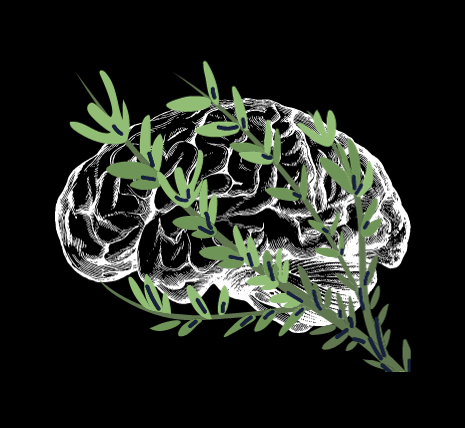Brainwave #10
Making decisions is an intricate dance between our conscious desires and subconscious processes. It’s a skill we hone over time, learning from our experiences and the consequences of our actions. But how much control do we really have over our decisions, especially when each situation presents itself uniquely? This question delves into the realm of neuroscience, where theories abound about the mechanisms behind decision-making, including some lesser-known perspectives that shed light on this complex process.
One such theory suggests that the key to making better decisions lies in understanding the role of emotions. While we often consider the practical aspects of a decision, like weighing pros and cons, we may overlook the emotional undercurrents that influence our choices. According to this theory, by prioritizing the desired emotional outcome, we can align our decisions with our emotional well-being.
Imagine facing a decision about whether to make a significant purchase. Instead of solely focusing on the financial aspects, this theory encourages us to consider how we want to feel after making the decision. Do we seek excitement, satisfaction, or perhaps a sense of security? By identifying the desired emotional state, we can evaluate whether the decision aligns with it.
This approach empowers individuals to take ownership of their emotional responses to decisions. Rather than succumbing to post-decision regret or guilt, they recognize that their choices were guided by their desired emotions. This not only enhances emotional resilience but also fosters a deeper understanding of oneself and one’s motivations.
However, navigating the interplay between emotions and decision-making isn’t always straightforward. Our current emotional state may cloud our judgment, leading us to prioritize short-term gratification over long-term fulfillment. Additionally, predicting how a decision will truly make us feel can be challenging, as emotions are often dynamic and multifaceted.
Here’s where neuroscience offers further insights. Studies suggest that our decision-making processes involve intricate neural networks, including regions of the brain responsible for both cognitive and emotional processing. These networks interact in complex ways, with emotions often exerting a significant influence on our choices, sometimes even before we consciously register them.
One intriguing concept is the somatic marker hypothesis proposed by neuroscientist Antonio Damasio. According to this theory, emotions play a crucial role in guiding decision-making by providing somatic markers—physiological signals associated with certain emotions—that help us anticipate the potential outcomes of our choices. These somatic markers serve as intuitive guides, steering us away from unfavorable decisions and towards those that align with our emotional well-being.
Try it out:
Test Your Decisions: Use your somatic markers as a guide to test the validity of your decisions. Imagine yourself committing to each option and observe how your body responds. Do you feel a sense of ease and alignment with one choice, or do you experience tension and discomfort with another? Trusting these somatic signals can help you make choices that are more congruent with your emotional well-being.
By incorporating neuroscientific principles into your decision-making process, you can leverage the somatic marker hypothesis to make more informed and emotionally aligned decisions, leading to greater satisfaction and fulfillment in various aspects of your life.

